Speculums: work in progress
CW: speculums, obstetrics, slavery, race science.
Speculums. Not something most people who’ve encountered one probably want to think too much about. But during the R&D for my LGBTQ+ gynae project I’ve been digging into the history of these medical instruments and discovered a rather murky past that I rather shamefully knew nothing about.
Dr. James Marion Sims, often called the "father of modern gynaecology" (and still with multiple statues across the world in his name), practiced medicine in 19th century USA and is credited with inventing the modern vaginal speculum around the mid-1800s. His version (initially made from a bent spoon) allowed for greater visibility and access during gynaecological examinations or surgeries. But despite being lauded as a pioneer who furthered women’s reproductive health (you can see his medals and honours on this portrait in the Wellcome Collection), he conducted numerous medical experiments without anaesthestic on Black enslaved women, who did not consent freely. One woman, Anarcha, endured over 30 surgeries as Sims attempted to perfect his technique for repairing vesicovaginal fistulas, a severe complication from childbirth. The suffering of these women laid the foundation for his later successes, including the development of the speculum. Sims operated under the racist misguided belief that Black people feel less pain than white people, a myth that has long-lasting implications and still affects medical practice and perception today.
The speculums held by the Wellcome Collection which are on permanent loan to the Science Museum Group Collection have provided inspiration for my alternative photography practice as for this LGBTQ+ gynae project. Some of the historic speculums look like they could win contemporary design awards for objet d’art, others definitely less so. I’ve also been heavily influenced in focusing initially on the speculum by Annabel Sowemimo and her brilliant book, “Divided”. I’d highly recommend reading ‘Divided’ to learn how racism and colonialism have shaped science and medicine including - leading to the health inequalities we see all around us today.
This work in progress aims to reinterpret these objects and provoke conversations about the stories that lie behind their design.
Preview image: Marion Sims duck-bill obstetric speculum (skeleton type), Wellcome Collection.
This participatory research and socially engaged project is being delivered in collaboration with the Wellcome Collection.








